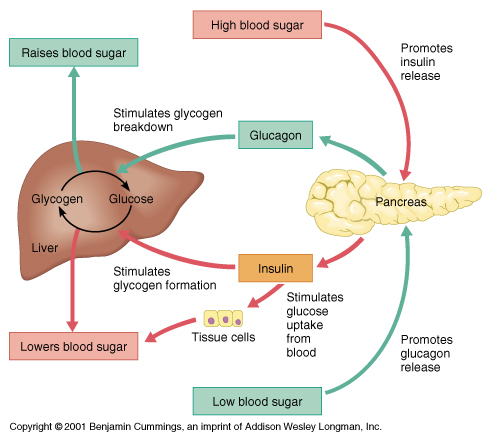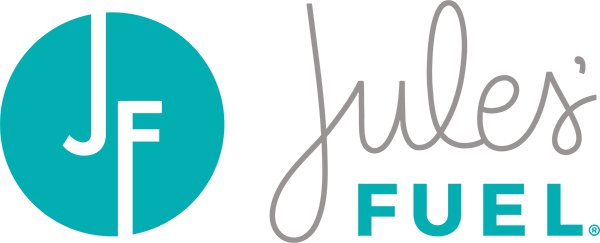“Studies show that breakfast eaters tend to weigh less than breakfast skippers.”
“Breakfast kickstarts metabolism, helps concentration, and improves performance in school and at work.”
Sound familiar!?
Question: Have you taken the headline-touted health benefits of eating breakfast to heart?
And if so, what did you eat for breakfast today?
And did you eat because you were really hungry, or did a newspaper headline con you into thinking you would gain ten pounds if you didn’t eat your “heart healthy” cereal?
My Former Morning Routine
For years, I was convinced that I had to eat within minutes of waking up. Being a Type A, I wanted to be SURE to maximize every minute of the day to rev my metabolism.
Had there been a TV camera following me, I’m positive the videos would have gone viral showing me hurriedly getting out of bed and stuffing down a piece of fruit or some oatmeal to get the fire burning, baby! (Seriously ridiculous.)
I was determined to eat 6-8 small meals each day, similar to that of a newborn baby breastfeeding, because magazines and new studies convinced me that this was the formula to health.
I prepared tons of snacks, and even began to plan my schedule around my “eating times,” rather than the opposite. If I went more than 2-3 hours without eating, I was CRANKY and literally could not function.
Maximizing Our Genetic Makeup
BUT, as I continued and still continue to understand more about our genetic makeup as homo sapiens, we are crafted to be able to withstand FORTY days without food!
Meaning that, believe it or not, to only eat 1, 2, 3 or 4 times each day is normal, natural and even HEALTHY.
As I shifted my diet away from the 45-65% carbohydrate-heavy government recommendations a year ago, my body began to shift from relying on glucose (simple form of carbohydrates) to FAT as its primary fuel source.
After all, fats are the structural part of every human cell and the preferred fuel source of the mitochondria, the energy-burning units of each cell.
Did you know!?
- Breast milk, nature’s perfect source, is 53% fat, 38% carbohydrate, and 7% protein by calories
- The heart prefers fatty acids as its preferred fuel for 60-90% of its energy needs
- The body stores energy from food for future use as saturated fat, a cleaner burning fuel source than glucose
- Eating too many refined carbs promotes insulin resistance, which can lead to inflammation, diabetes, infertility, and a host of other diseases
Insulin and Fat: Readers’ Digest Version
Every time we eat, our body has to clean up the spike in blood sugar (especially affected by the amount of carbohydrates) by releasing insulin from our pancreas. Insulin causes cells in the liver, muscles and fat tissue to take up glucose from the blood, storing it as glycogen in these tissues.
If we are constantly eating throughout the day, and especially relying on carbohydrates, our body is constantly having to deal with this process. We can become insulin resistant, which can lead to diabetes.
Continuous eating also inhibits the counter hormone to insulin, glucagon, from using the stored energy in our liver, fat cells and muscles (a.k.a. insulin stops the use of fat as an energy source).
 So, our bodies continue relying on glucose, sending out signals to “EAT!!!” every couple of hours, causing cravings and energy crashes.
So, our bodies continue relying on glucose, sending out signals to “EAT!!!” every couple of hours, causing cravings and energy crashes.
In a Nutshell: Intuitive “Break-Fast”
Back to breakfast and how to apply this knowledge for a proper “break fast…”
If you are hungry in the morning, eat.
If you are not hungry in the morning, don’t eat. And don’t feel guilty about it, no matter what the tabloids say.
I occasionally don’t eat in the morning and do an intermittent fast of 16-24 hours, and don’t feel cranky doing it because I am fueling myself properly (and for those who know me, this is incredible, considering I was a garbage disposal most of my life)!
Besides, I know that an occasional intermittent fast is highly beneficial and linked to:
- Better insulin sensitivity
- A healthier brain
- Boosted Human Growth Hormone (HGH), which regulates metabolism to burn fat, build muscle, slow down the aging process and negative effects of stress
Let’s get back to the basics of “intuitive eating,” or responding to our own inner body cues to guide hunger, fullness and satisfaction.
So, when you wake up tomorrow morning, listen to your body signals to determine if… you are hungry!?
And if not, don’t “break fast” yet!
Rather, enjoy a cup of coffee (skip the sugar, fake sugar and fat free milk; use full fat creamer or stevia instead!) or tea while your liver has a chance to breathe.

